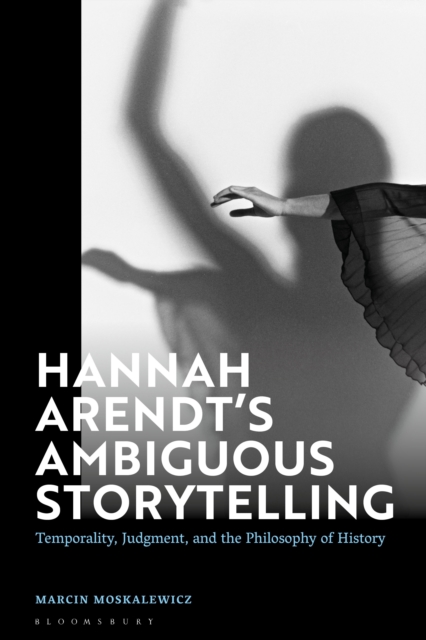
Hannah Arendt s Ambiguous Storytelling : Temporality, Judgment, and the Philosophy of History PDF
by Moskalewicz Marcin Moskalewicz
Description
Through an original interpretation of Hannah Arendt's historiography, Marcin Moskalewicz reveals an under-acknowledged philosophy of history in her vast and variegated oeuvre, including the historical magnum opus, The Origins of Totalitarianism.
Hannah Arendt's Ambiguous Storytelling argues that the key to understanding the fragmentary thought of Arendt is through the speculative and critical dimensions of the philosophy of history. It unravels the essential aporia of Arendt's thinking the discrepancy between political and historical meaning of events and proposes its overcoming through aesthetic historical judgment. Reading her approach as fragmented historiography , the project she was committed to reveals itself as the only credible methodological response to totalitarianism and scientific approach to history, which both function as a retrospective prophecy, erroneously presenting the past as a forecast of the future.
A novel contribution to Arendt scholarship, this book will appeal to philosophers of history, political scientists and theorists alike.
Information
-
Download - Immediately Available
- Format:PDF
- Pages:272 pages
- Publisher:Bloomsbury Publishing
- Publication Date:04/04/2024
- Category:
- ISBN:9781350295889
Information
-
Download - Immediately Available
- Format:PDF
- Pages:272 pages
- Publisher:Bloomsbury Publishing
- Publication Date:04/04/2024
- Category:
- ISBN:9781350295889






